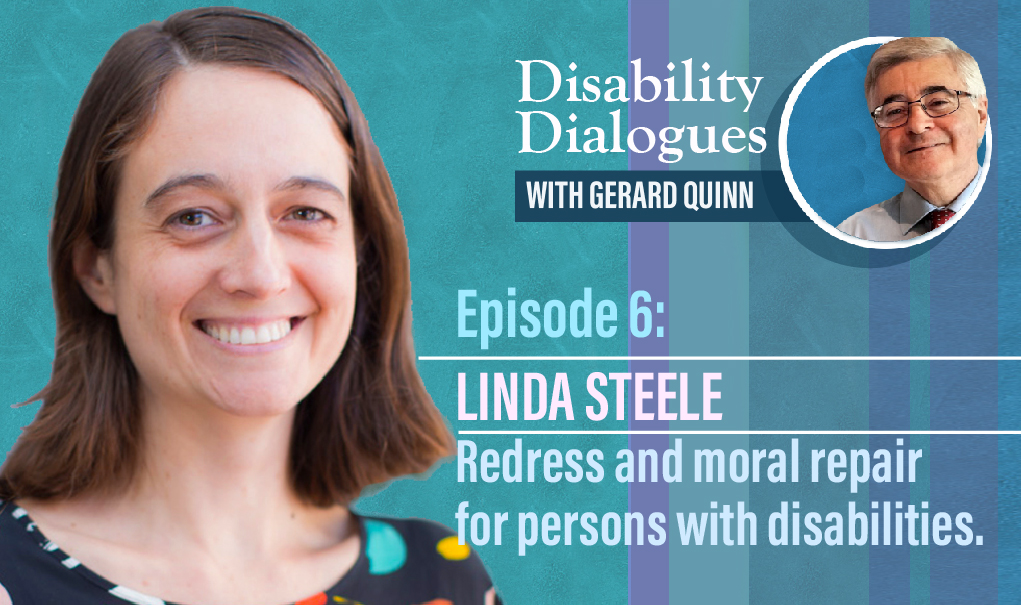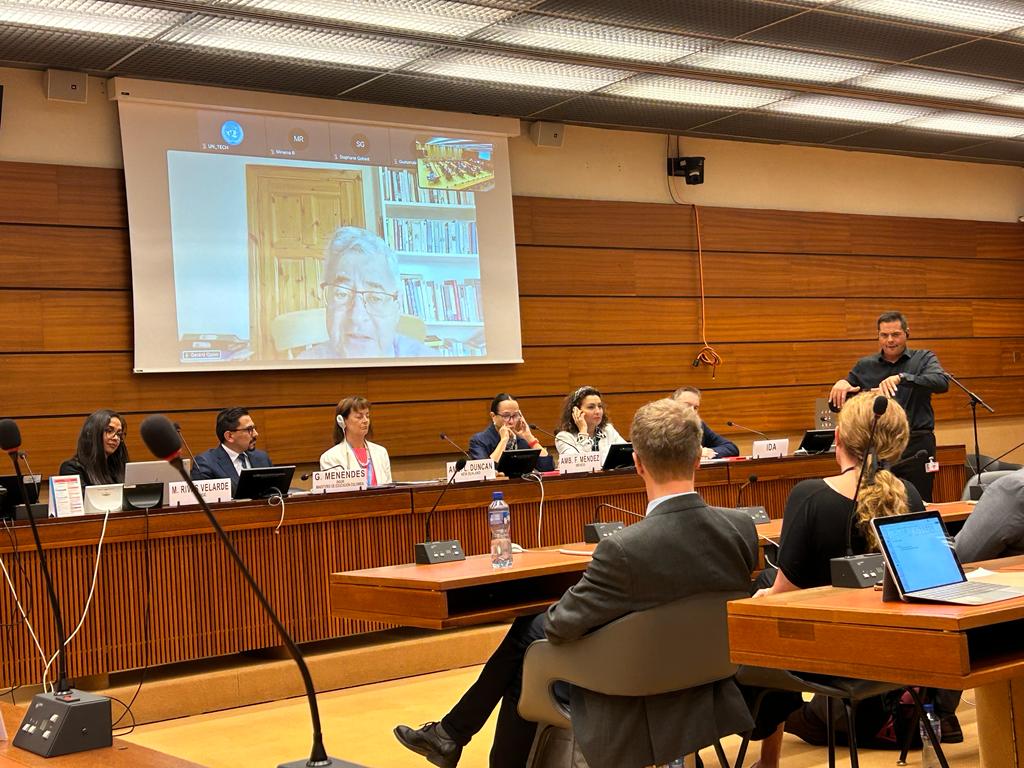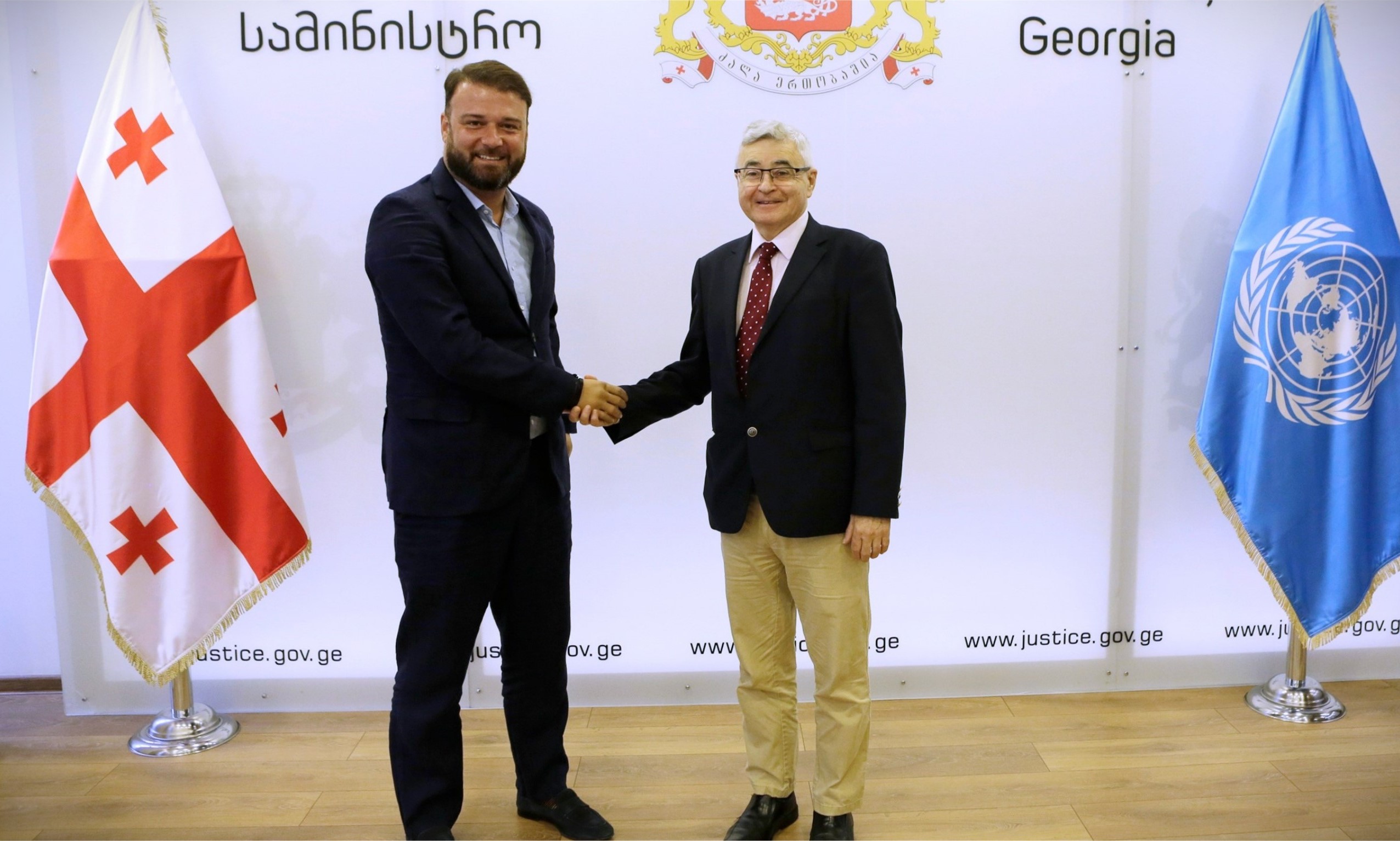At the start of his mandate, the Special Rapporteur presented a document to the Human Rights Council, in which he explained the main global threats and challenges facing people with disabilities, and his vision to promote the changes needed to succeed at facing them.
Times of crises often reveal deep truths. The COVID-19 pandemic has shown that invisibility and structural inequality faced by people with disabilities remain painfully prevalent around the world. The commitments made by states since the adoption of the CRPD did not materialize in their responses to the pandemic. Inaccessible prevention, the collapse of support services, and critical shortages of food, nutrition, basic medications and mental health services proven catastrophic for persons with disabilities, particularly in institutional settings.
Treaties, no matter how eloquent, cannot self-execute.
The pandemic also demonstrated that treaties, no matter how eloquent, are insufficient to bring change to the “small places” where people live their lives. For this a culture shift is needed, which includes the way in which laws and policies are produced. Gerard calls this the co-production of public policy, between the State, organizations of persons with disabilities and all relevant stakeholders, and it the basis of his theory of change.
The co-production of laws and policies makes possible to address the interaction between disability and other personal aspects such as gender, ethnicity, or socioeconomic status, which aggravate the stigma and discrimination that some persons with disability face. Stigma and discrimination are intersectional problems, and understanding their multiple aspects is essential for their prevention.
During his term as Special Rapporteur, Gerard is paying special attention to the intersection between ageism and ableism, which affect older people with disabilities around the world, as well as the multiple forms of stigma affecting indigenous people with disabilities.
Key existential threats
Existential threats facing all of humanity underscore the urgency of multilateral action by states, the UN system and other regional organizations, and the need for a strong disability voice. The following threats will be prioritized during the mandate:
Pandemics and humanitarian emergencies: COVID-19 emergency responses made evident that persons with disabilities remain largely invisible in humanitarian emergency planning. COVID 19 fatalities were particularly high for those living in institutions, where the virus spread became extremely difficult to contain. The Building Back Better idea should translate into recovery programs and health services that are fully inclusive of people with disabilities, and efforts to close down institutions must be redoubled, promoting in its place community living with adequate support.
The impact of climate change on humankind is felt more intensely by groups affected by poverty and discrimination. People with disabilities are overrepresented among the poorest in every community. However, they are largely absent in the processes to produce measures for climate adaptation. Many of the risks caused by climate change are predictable and avoidable, if persons with disabilities and their representative organizations can become part of the solution that States are building through their climate mitigation and adaption measures.
Global rise in armed conflicts: In the many armed conflicts taking place globally, people with disabilities and other vulnerable groups continue to find themselves left behind, unable to receive the assistance they need to survive. Existing rules and protections governing the conduct of hostilities must be enhanced to protect them.
The historic adoption in 2019 by the Security Council of its resolution 2475 on the protection of persons with disabilities in armed conflict created an opportunity to review humanitarian law and broad protection issues. The momentum must now be seized to translate that resolution into international humanitarian law. Learn more about persons with disabilities in armed conflict here.
Extreme poverty: Over-representation of persons with disabilities among the poorest and most vulnerable of every community is well documented. Causes can be traced to combinations of disability with other identity aspects—gender, ethnic, socioeconomic--that entrap people in cycles of discrimination and exclusion. Reverting these cycles require identifying where and how discrimination occurs.
Priority issues
During his term as special rapporteur, Gerard is focusing on a series of issues whose importance hasn’t been properly upheld or well understood. These include:
More resilient and responsive services: Old service systems based on a medical model of disability persist, even in parts of the world with advanced disability rights legislation. The time is right to change this. Growing trends around the world towards the personalization of services must be encouraged and amplified, to promote independent living and inclusion of persons with disability in the community.
Harnessing Artificial Intelligence positively: The use of algorithms, machine learning, artificial intelligence and automated decision-making is growing fast in every aspect of life. Along with their benefits, the challenges they pose to people with disabilities and other communities historically targeted by stigma and discrimination are becoming well known. Urgent action is needed to ensure that data sets and learning processes do not incorporate historical legacies of human bias and discrimination in employment, access to essential services and virtually every aspect of our lives where these technologies are embedded. Learn more about AI and persons with disabilities here.
Prisoners and detainees with disabilities: Of particular concern are the mental health issues that affect large numbers of prisoners, their impacts during detention and long-term effects in post-prison life. These concerns relate to the minimum standards of detention to avoid inhumane or degrading treatment.





